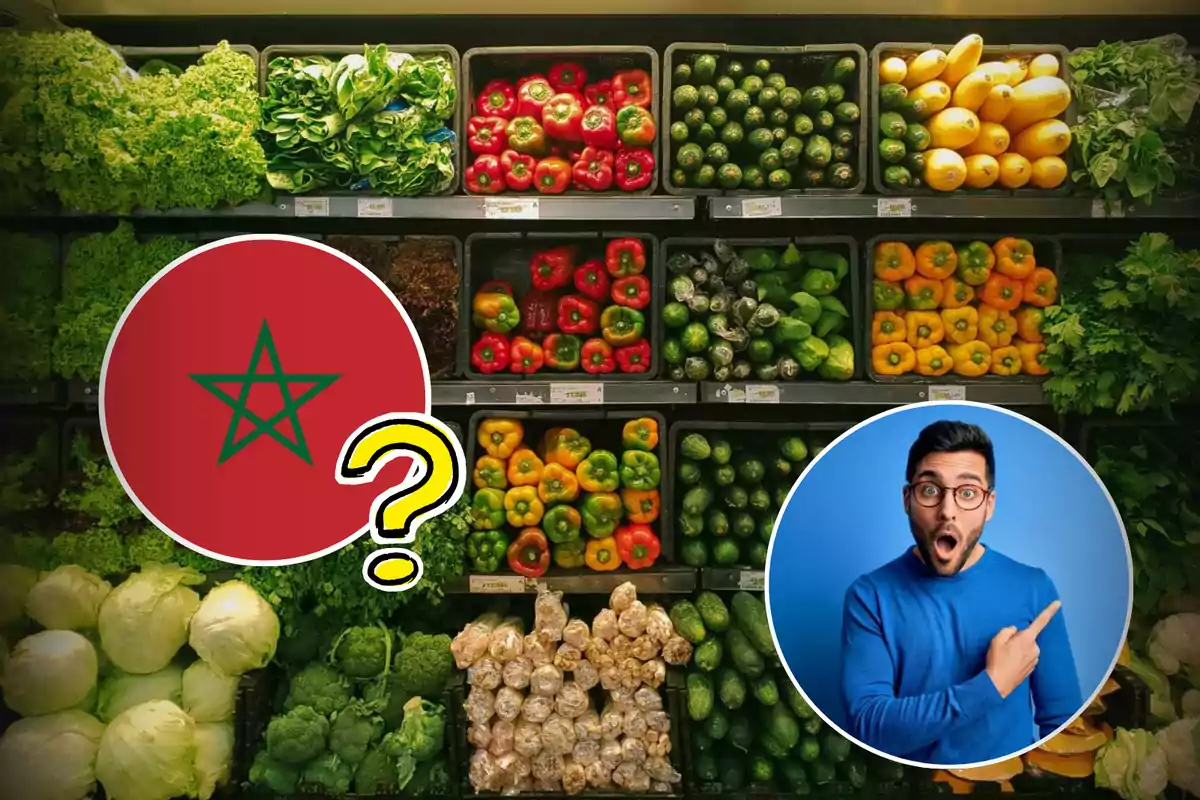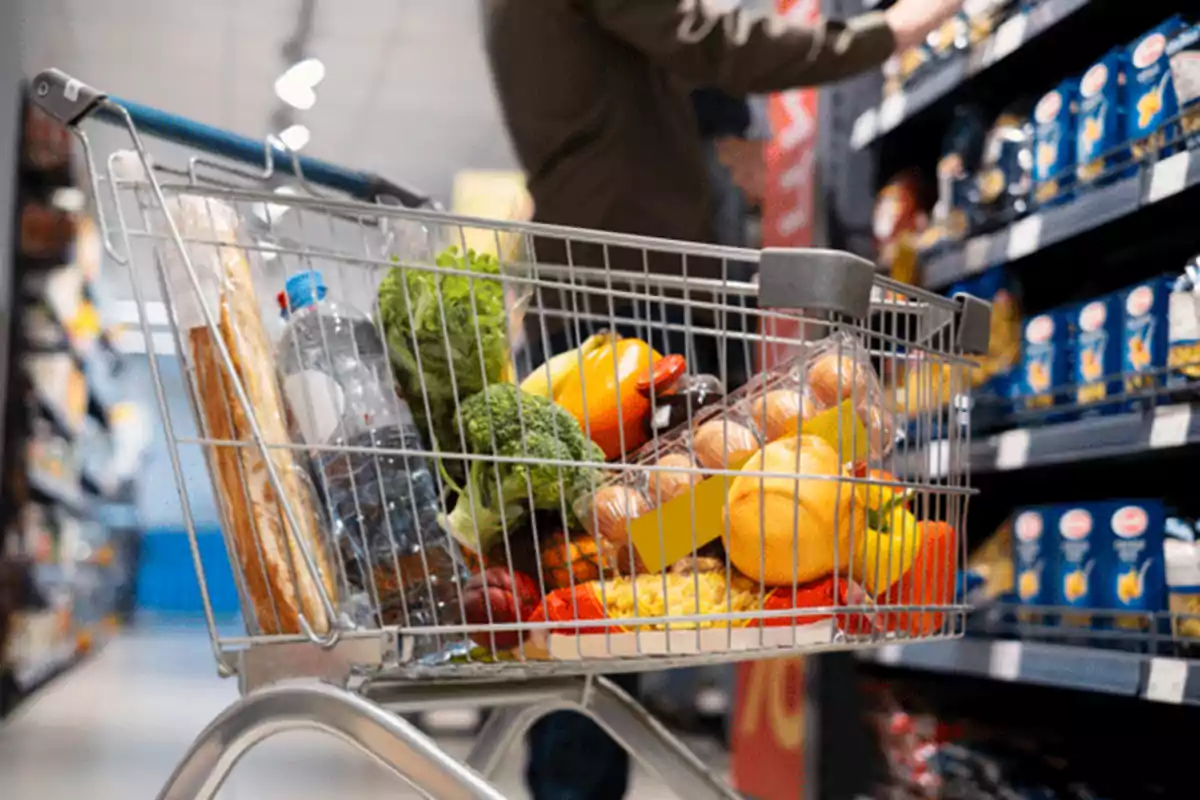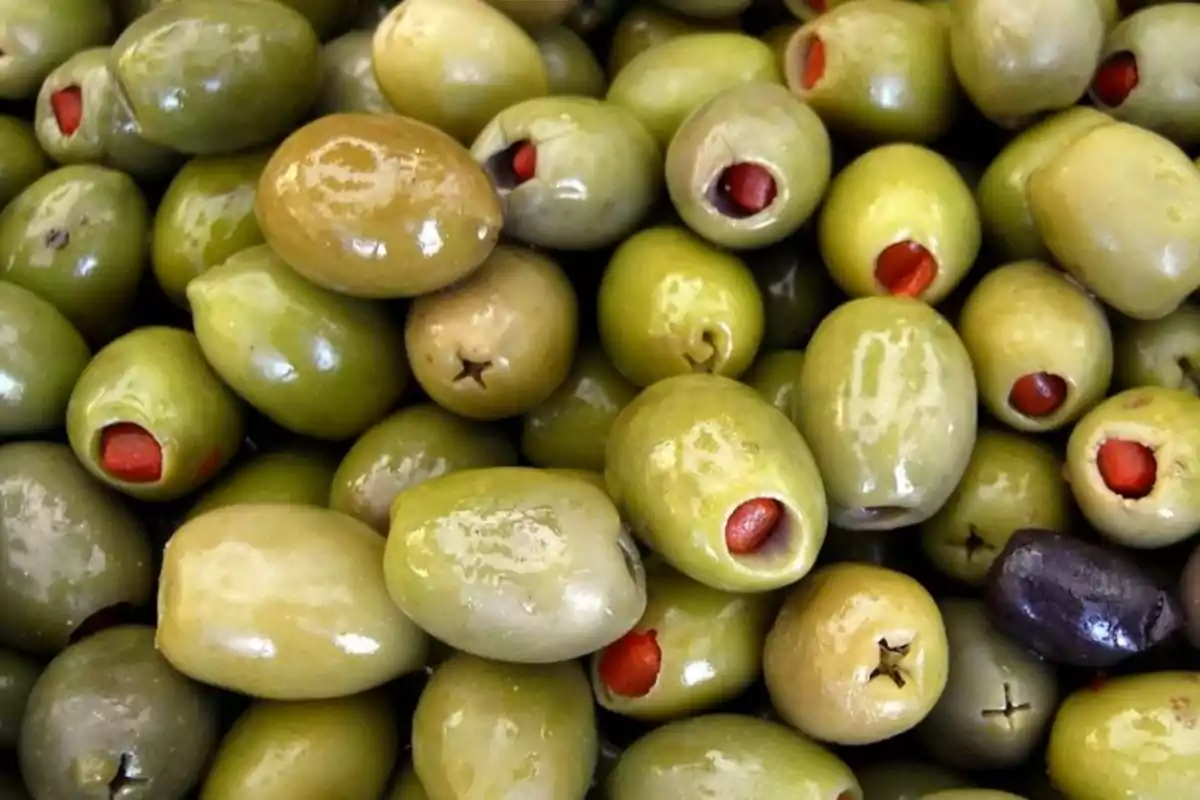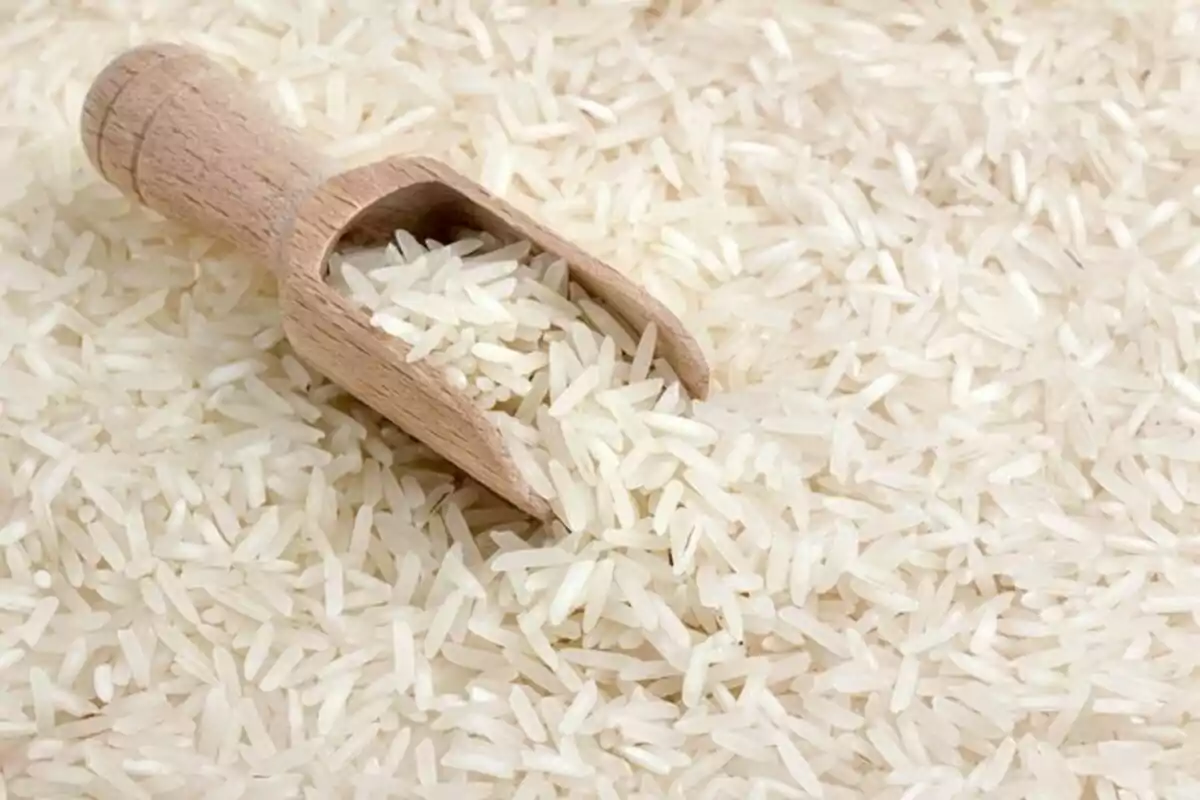
Morocco's Foods With the Most Contaminants in Spain's Supermarkets
These are the Moroccan-origin foods you should be careful with
The presence of imported food products from Morocco in Spanish supermarkets continues to be a subject of debate, especially regarding food safety.
Concerns about imported products from Morocco are not limited to the presence of pathogens. There are concerns related to the use of phytosanitary products prohibited in the European Union, which are allowed in Moroccan territory.
Additionally, the concentrations of chemical substances used in the cultivation of fruits and vegetables can differ significantly from the standards required in Europe, raising questions about the impact on consumers' health.

Since last year, the arrival of agricultural products from Morocco has caused controversy in Spain, especially due to the high levels of pesticides detected in some of them.
One of the most striking cases has been that of olives. An emblematic food of Spanish cuisine that is sometimes displaced in the market by the importation of Moroccan olives.

This issue has raised concerns among both producers and consumers, as the regulations on the use of phytosanitary products vary between the two countries.
While the European Union has strict restrictions, Morocco allows the use of certain chemical substances prohibited in the community territory.
In light of this situation, various organizations have requested more rigorous controls on imported products to ensure they comply with the food safety standards required in Spain.
The complaint about the presence of pesticides in imported products is not limited to Moroccan olives. According to investigations by the organization Apag Extremadura Asaja, other widely consumed foods in Spain have also been detected. The levels of non-permitted substances are concerning.
One of the highlighted cases is that of rice, whose imports mostly come from countries like Pakistan and India. Despite being a staple food in the Spanish diet, there have been warnings about shipments that may not meet the required safety standards.

Another product under suspicion is watermelon, which joins the list along with strawberries and olives. In this case, the Rapid Alert System for Food and Feed issued a health alert after detecting in a border control a batch of watermelons with high levels of methomyl. An insecticide whose use is restricted in Europe due to its potential health impact.
These findings have intensified the debate on the need to strengthen food safety controls on imported products, thus ensuring they comply with European regulations before reaching consumers.
More posts: